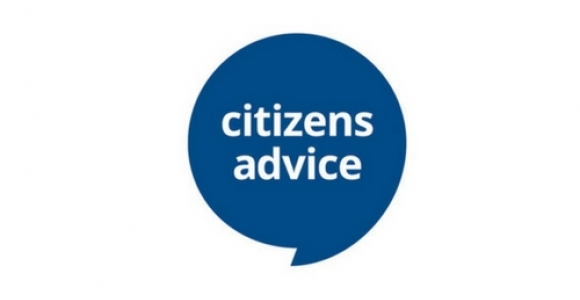Scam advice from Citizens Advice

It might be a scam if:
- It seems too good to be true – for example, a holiday that’s much cheaper than you’d expect
- Someone you don’t know contacts you unexpectedly
- You suspect you’re not dealing with a real company – for example, if there’s no postal address
- You’ve been asked to transfer money quickly
- You’ve been asked to pay in an unusual way – for example, by iTunes vouchers or through a transfer service like MoneyGram or Western Union
- You’ve been asked to give away personal information like passwords or PINs
- You haven’t had written confirmation of what’s been agreed
For more information and advice on how to recognise a scam click here
